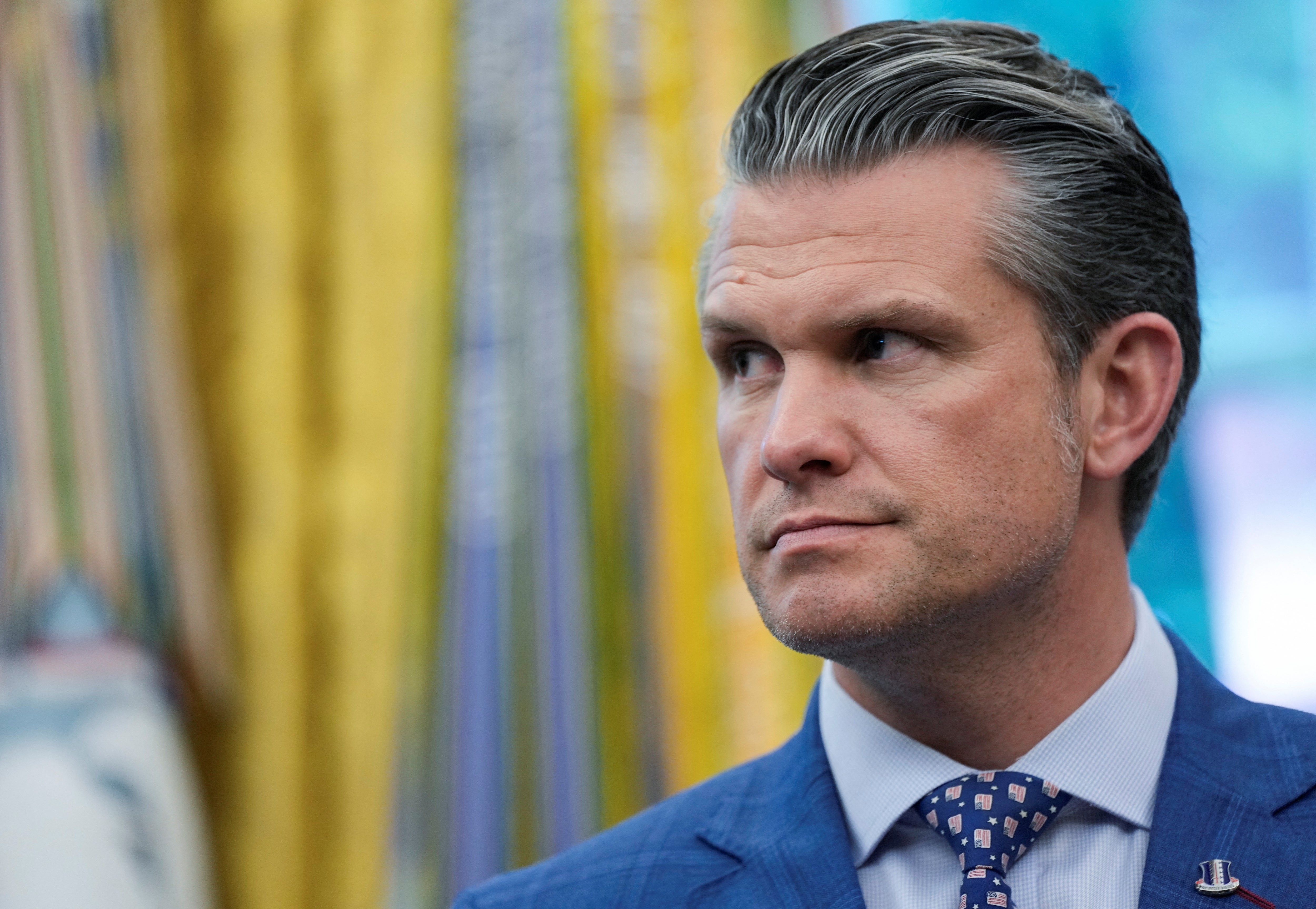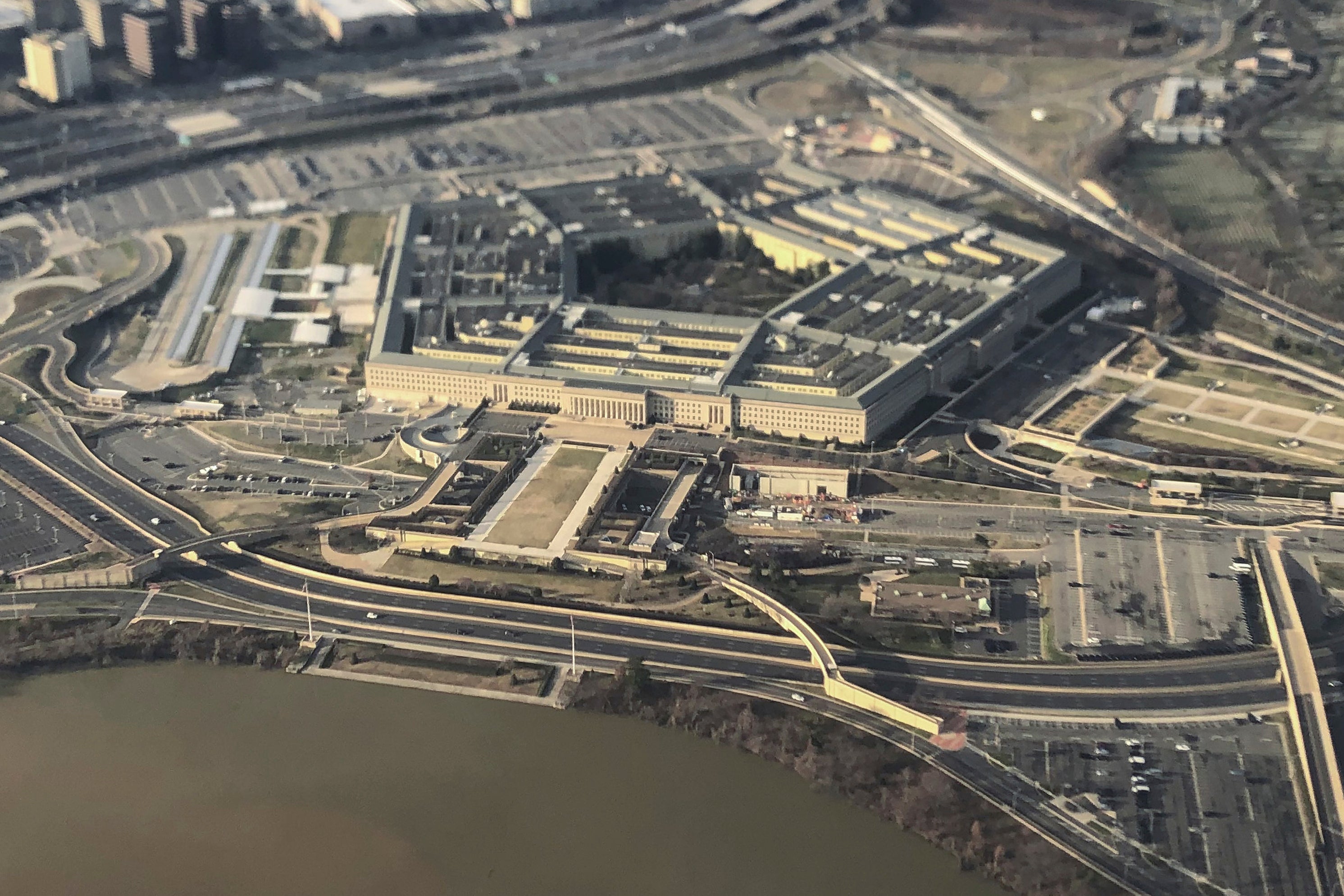ARTICLE AD BOX
Donald Trump’s Defense Secretary Pete Hegseth is facing intense criticism from military reporters after his office announced extra restrictions to media access at the Pentagon.
The Pentagon Press Association — which represents reporters covering the Department of Defense — said in a statement that the move was “a direct attack on the freedom of the press and America’s right to know what its military is doing.”

Hegseth — a former Fox News host — announced additional credentialing procedures would soon be implemented for the press at the Pentagon “in the interest of national security.”
Those new measures include making key parts of the Pentagon off-limits to journalists unless they have an official escort. The notice also said additional security measures and enhanced scrutiny of press members are incoming.
Top Pentagon spokesman Sean Parnell said on X that the changes were “pragmatic” to protect operational security.
But the press association pointed out that journalists have had access to “non-secured, unclassified spaces in the Pentagon for decades” under both Republican and Democratic administrations, including in the aftermath of 9/11, when hijackers crashed a plane into the building, killing all 64 people onboard and 125 inside the Pentagon.
The Washington Post’s military correspondent Dan Lamothe was among reporters shocked by Hegseth’s announcement.
“’The most transparent DoD in U.S. history,’ as [Hegesth] and his team calls itself, cracks down on media access again,” he wrote.
“I've been on this beat 17 years through numerous administrations,” he said. “Never seen anything like this. One briefing all year. None again this week.”
Hegseth has not personally delivered a briefing in his first 100 days. Parnell has only given one.

The secretary’s memo also states that “while the department remains committed to transparency, the department is equally obligated to protect [classified intelligence] and sensitive information, the unauthorized disclosure of which could put the lives of U.S. service members in danger.”
Hegseth continues to face intense scrutiny after sharing operational details about military strikes in a group on the messaging app Signal, which inadvertently included a journalist.
The new measures announced by Hegseth and his team follow ongoing efforts throughout the Trump administration to reduce access to adversarial reporters and promote “new media” — including outlets more sympathetic to the president and his administration.
Shortly after Hegseth assumed the role of Defense Secretary, several major outlets including NBC and The New York Times were evicted from their workspaces at the Pentagon as part of a so-called “media rotation program.”
The press association said it was “puzzled” as to why the department was “devoting such attention to restricting Pentagon media instead of engaging with it as senior leaders have long done.”
“Transparency isn’t a threat. Independent reporting on national security isn’t a luxury. It’s democracy,” said National Press Club president Mike Balsamo. “The Pentagon’s new media policy undermines transparency and the public’s right to know.”









 English (US) ·
English (US) ·